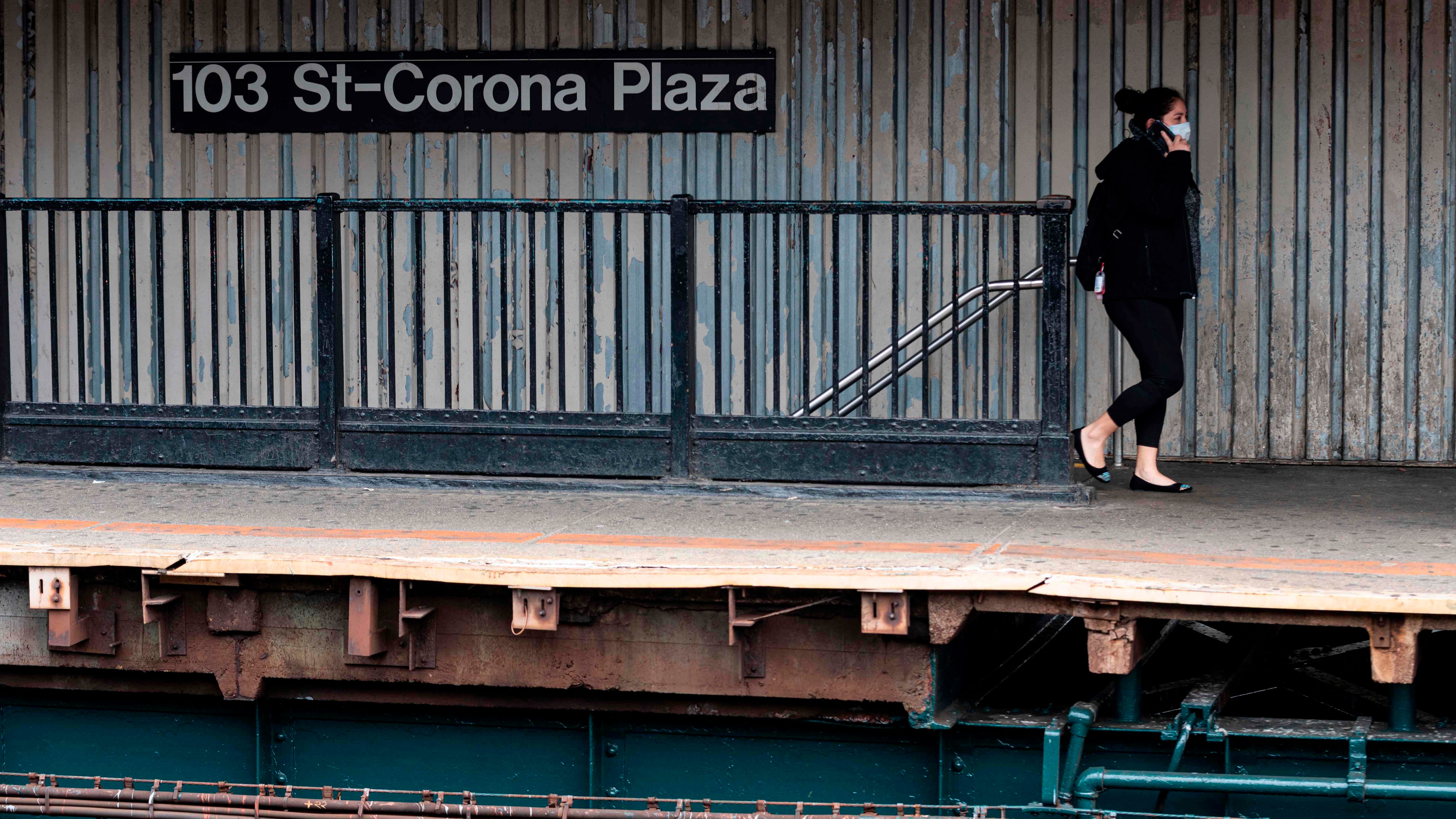By: Glenn Harlan Reynolds – usatoday.com – May 6, 2020
The novel coronavirus that originated in Wuhan, China, also known as COVID-19, is still spreading around the world. Even now, there are many things we don’t know: How fatal will it turn out to be when all the numbers are crunched? Did it escape from a Chinese lab? Can we make a vaccine? What’s the best treatment?
But there are some things that are becoming reasonably clear. Following are a few coronavirus lessons, useful now and in preparing for future events.
►Density kills. The coronavirus has been much more deadly in places like New York City or Boston than in rural settings. As demographer Joel Kotkin notes, Los Angeles has done much better than other big cities, because it’s less dense. “L.A.’s sprawling, multi-polar urban form, by its nature, results in far less ‘exposure density’ to the contagion than more densely packed urban areas, particularly those where large, crowded workplaces are common and workers are mass-transit-dependent…
“In recent decades, this dispersed model has been increasingly disparaged by politicians, the media and people in academia who tend to favor the New York model of density and mass transit. Yet even before COVID-19 most Angelenos rejected their advice, preferring to live and work in dispersed patterns and traveling by car. This bit of passive civic resistance may have saved lives in this pandemic.”
►Mass Transit kills. Kotkin mentions mass transit, and an MIT study found that NYC subways were a ”major disseminator” of the coronavirus in New York. This is unsurprising: New York City subways are crowded, poorly ventilated and filthy. The city is only just now starting to clean them every night. (A bit late.) Cars come with built-in social-distancing: With a car, you’re riding in a metal and glass bubble with filtered air. Subways and buses, not so much. Whether this virus sounds the ”death knell” for mass transit or not, people will be far more reluctant to ride packed vehicles in the future.
►Bureaucracy kills. Much of the fight against the coronavirus has also involved a fight against bureaucrats dead set on making things worse. Early on, the Centers for Disease Control and Prevention declared COVID-19 a public health emergency, which raised the bar for testing requirements. As a result, hospitals and universities faced significant barriers to getting alternative tests approved by the Food and Drug Administration. Worse yet, the CDC tests turned out to be defective.
As James R. Copland writes, this wasn’t political interference, but the work of professional bureaucrats: “The botched regulatory response in the United States owed little to the choices of political actors. The individuals running the FDA and CDC are experts in their field, not hacks.” Even distilleries that wanted to switch to making hand sanitizer, to alleviate deadly shortages in health care facilities and other institutions, were slowed by the FDA. Fixing things has required a lot of regulations to be overturned or suspended; hopefully we’ll think long and hard before reinstating them after the crisis is over.
►Censorship kills. The Chinese government censored reports of the Wuhan coronavirus outbreak, punished doctors who talked about it and lied to the world for weeks — while allowing flights from the infected area to carry people from Wuhan all over the world. Now some authoritarian types are claiming that the spread of virus misinformation on social media offers a new justification for censorship of ordinary people.
But with this disease, as usual, the lies and cover-ups of the allegedly responsible institutions have done far more damage than the delusions of individuals. Don’t trust China, and don’t trust Americans who want to emulate the Chinese government. Neither has your interests at heart.
No doubt we’ll learn many more lessons in the future. But for now, these lessons hold true. Bear them in mind.
To see this article, others by Mr. Reynolds, and from USA Today, click read more.
Source: Coronavirus lessons on density, mass transit, bureaucracy & censorship
 Listen Online
Listen Online Watch Online
Watch Online Find a Station in Your Area
Find a Station in Your Area







 Listen Now
Listen Now Watch Online
Watch Online
